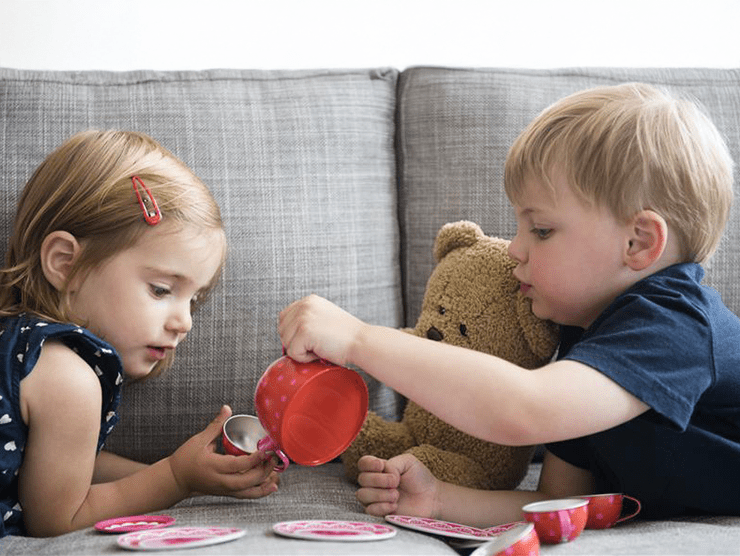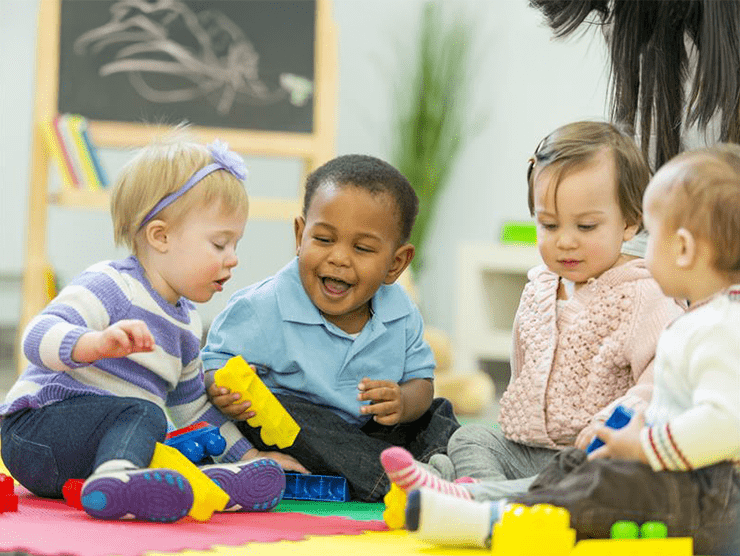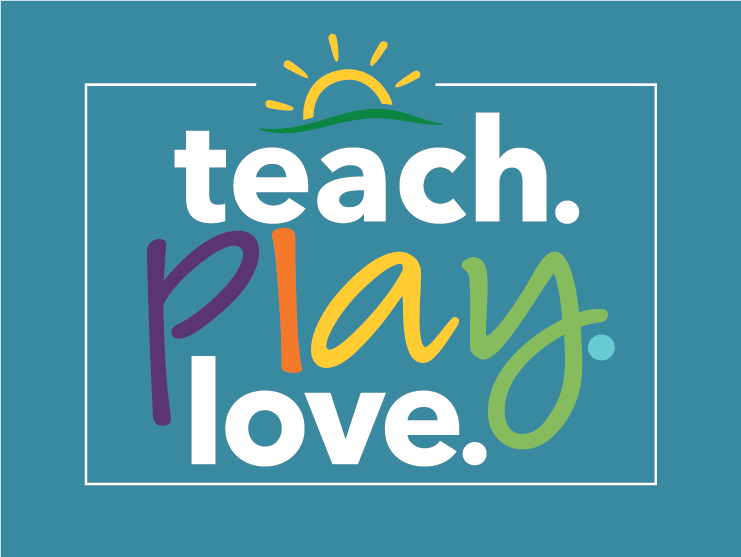Have you ever seen a toddler share a toy or pat the hand of a friend who is crying? These are examples of very young children learning and experiencing cooperation, empathy, and respect.
Building empathy isn't something that can wait until the teen years or even the elementary years. Young children surprise us with their ability to care, and children’s books can support that journey.
How reading builds empathy
Empathy is a lot easier to develop when children feel safe and secure. Reading stories together is one way to create that sense of security that children need. Just the act of snuggling and reading together promotes empathy.
But there’s more: picture books let children explore a thousand lives beyond their own. Through the pages of a good book, they can see characters cooperating, or not; showing unselfishness, or not; and working out problems, or not. Children can see themselves in characters and also learn about people who are different from them. Children’s books let children “try on” situations and feelings.
Here are a few more ideas for using children’s books to build empathy at home:
- Look for high-quality children’s books with characters that feel authentic and real.
- Read books together slowly. Look at the pictures and make comments to connect the book with your child’s experience, for example, “This reminds me of the first time you took swimming lessons. Remember how you felt scared, but then you met Zoe and she was scared, too? You became friends and you were brave together.” (Lottie and Walter by Anna Walker).
- Reading is a great time to build a “feelings vocabulary” with your child so they can recognize feelings that others are having – an early empathy skill. Take time to label the emotions of book characters and the clues that led you to that observation. For example, try saying something like, “I think Daniel feels happy because he is smiling.” (Daniel’s Good Day by Micha Archer).
- Read beloved books more than once. Kids tend to get attached to certain books because those books speak to them. Repeated readings let them dive in even deeper.
Talk about their favorite books and relate them to your life. You can try saying, “This reminds me of the boy in The Roar (by Eoin McLaughlin). Remember how they planted a tree?” Or, “Mom’s sick today. Let’s make her tea like the animals did for Amos McGee.” (A Sick Day for Amos McGee by Philip C. Stead and Erin E. Stead).
Growing Readers Books of Excellence at Bright Horizons
The Growing Readers program at Bright Horizons helps you share the joy of reading, cultivate an appreciation for books, and foster early literacy skills with your child. A panel of early education experts from our centers and schools reviews and recommends high-quality, first-rate children’s books for all ages that your family can enjoy reading together. Our selections — Bright Horizons Books of Excellence — represent some of the best writing in children’s literature and include new titles, timeless classics, and hidden gems. In our selection you’ll find many children’s books about empathy to support your child’s social-emotional development. Bright Horizons Growing Readers makes it easy for you to choose quality literature that will enrich your child’s life. Take a look at some of our recent issues here.





